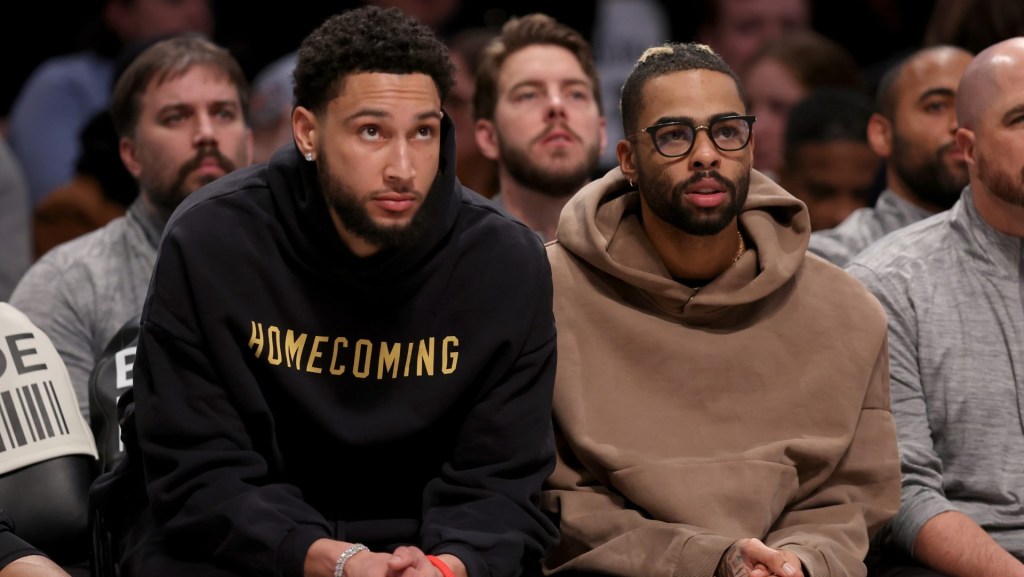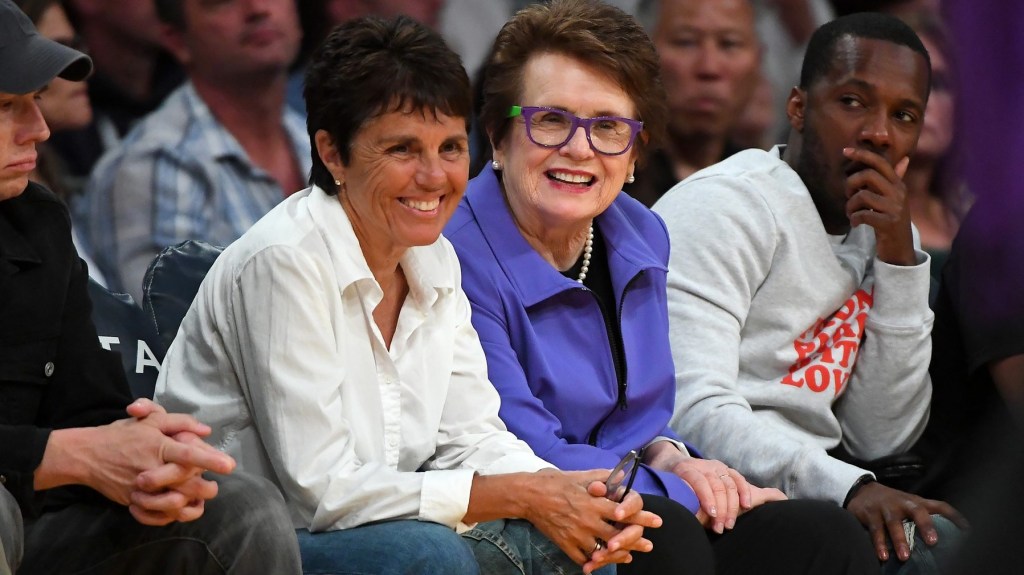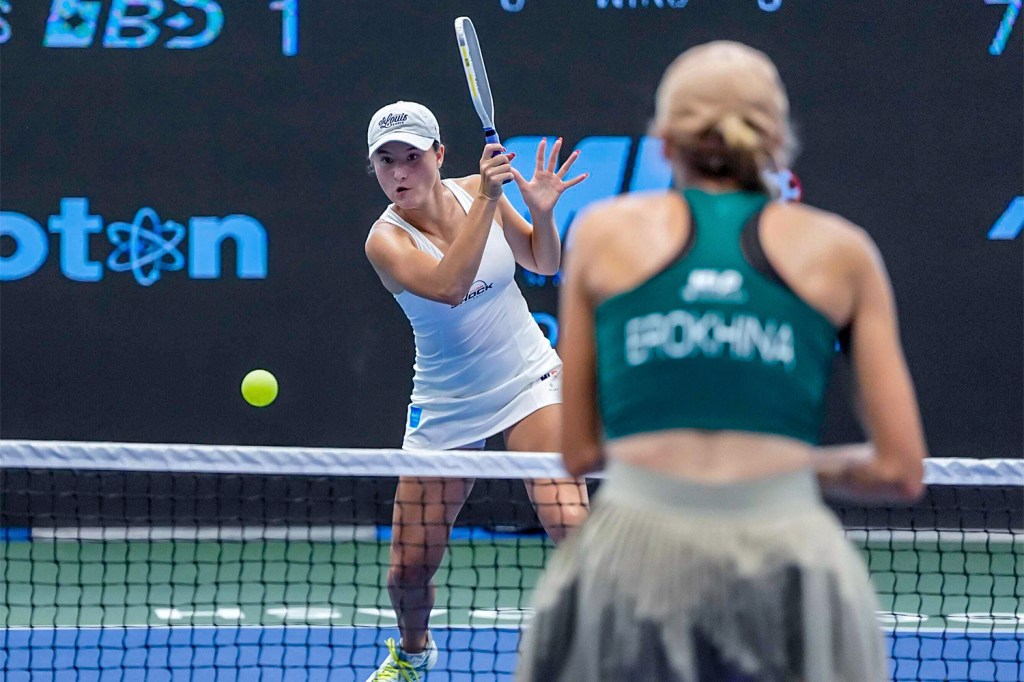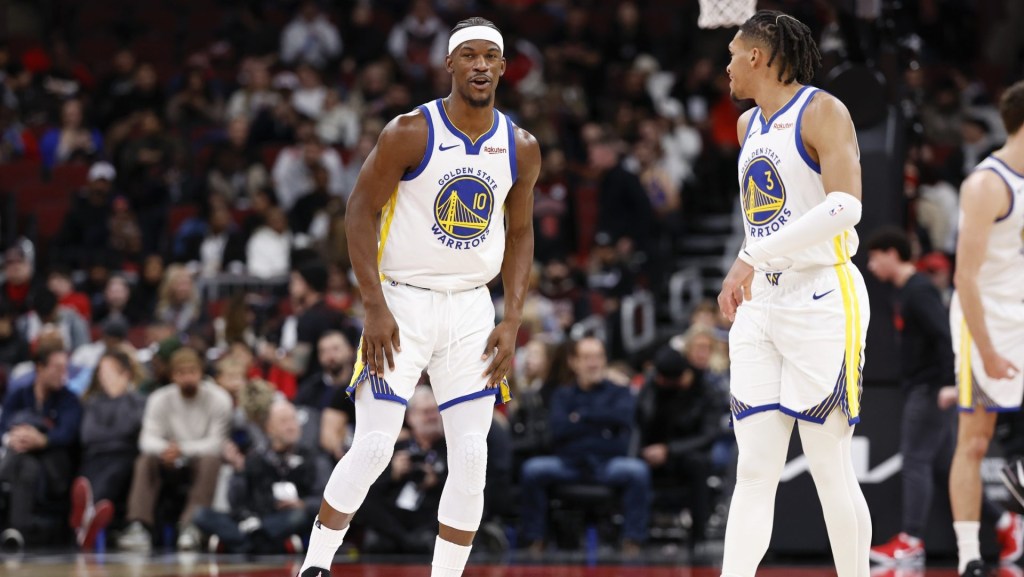Fifty years ago, before the WNBA and NWSL, before women’s hockey and the Williams sisters, there was Billie Jean King.
King, who won 39 Grand Slam titles across singles and doubles tournaments, is often credited for propelling women’s sports into the national consciousness. Her 1973 defeat of former men’s No. 1 Bobby Riggs in the “Battle of the Sexes” came just a year after Title IX mandated equal funding for women’s and men’s athletics in schools.
Buoyed by these high-profile victories, for much of the next 50 years, women’s sports in the U.S. went into building mode, developing infrastructure to compete with the men. In the past few years in particular, viewership, attendance, media coverage, and mainstream cultural awareness of women’s sports has hit a consensus tipping point.
King had one blunt answer for why: “Money. Investment. Investment by billionaires, not millionaires,” she told Front Office Sports in New Orleans before the Super Bowl. “You have to have the investment in us like you had in the men. We are so far behind, but to your point, we are at a tipping point. For me, I’ve lived my whole life to see this start to happen.”
Some of those billionaires include Disney CEO Bob Iger and his wife Willow Bay, who bought Angel City FC for $250 million last July—a club in which King herself was an investor—and then pledged another $50 million to “support the club’s future growth.” Further up the state, Sacramento Kings owner and billionaire Vivek Ranadivé put together the cash to create a new pro women’s volleyball league. Billionaire philanthropist Michele Kang owns the Washington Spirit and in November gave $30 million to U.S. Soccer.
One of the biggest hurdles to keeping the momentum going, which Title IX sought to address, is keeping girls playing sports in the first place. King, who partnered with Dove on its #KeepHerConfident campaign, cited a statistic that 45% of girls drop out of sports because of negative body image. She also would like to see women talk about themselves more positively. Men don’t put themselves down about what they do for a living or who they are, she said.
King, who joined the L.A. Dodgers ownership group in 2018, believes there’s still much more to be done to increase female representation in other aspects of sports. “I want to get more women investing,” she told FOS. “But how do you invest? You have to have money to invest.”
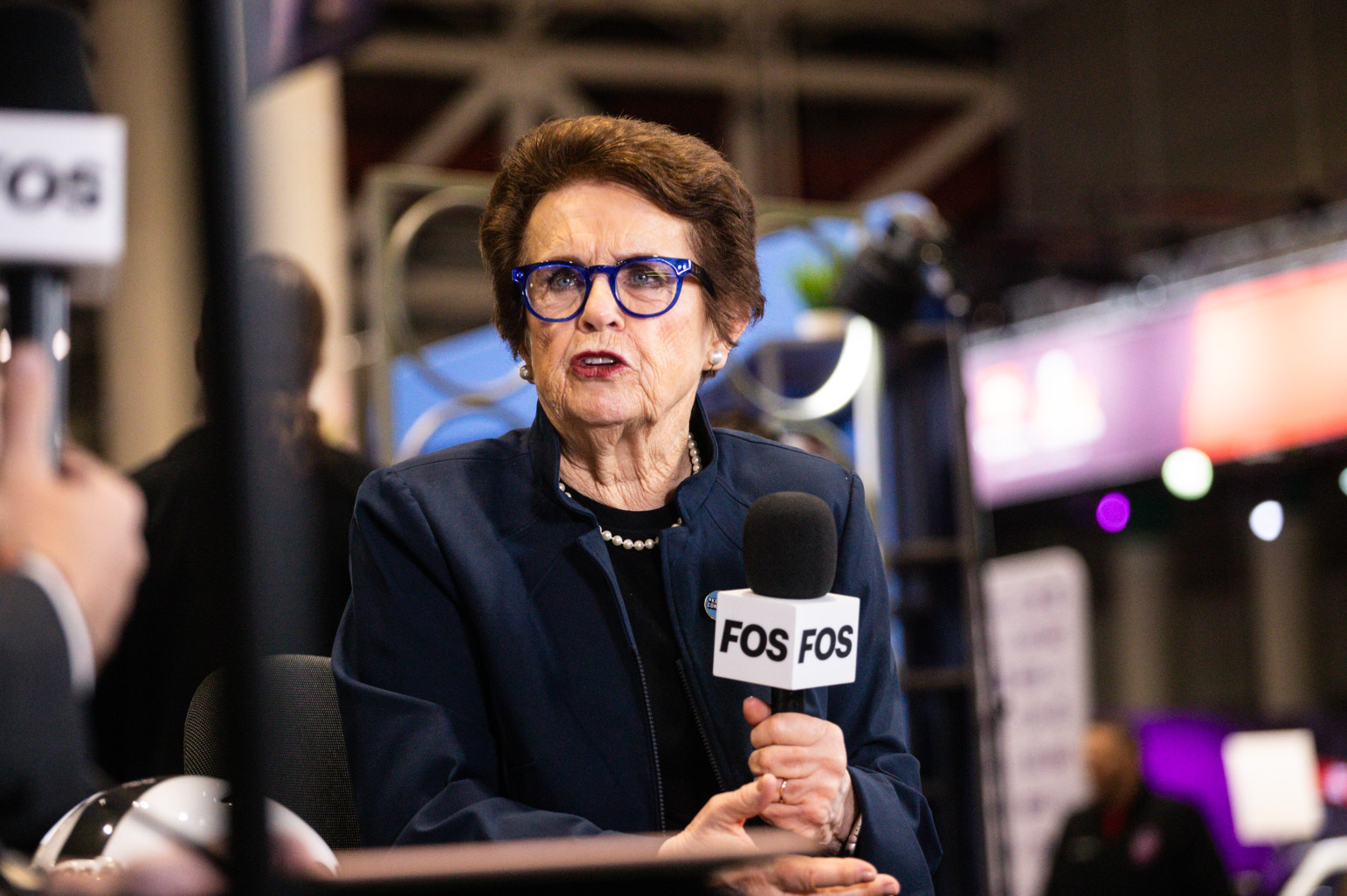
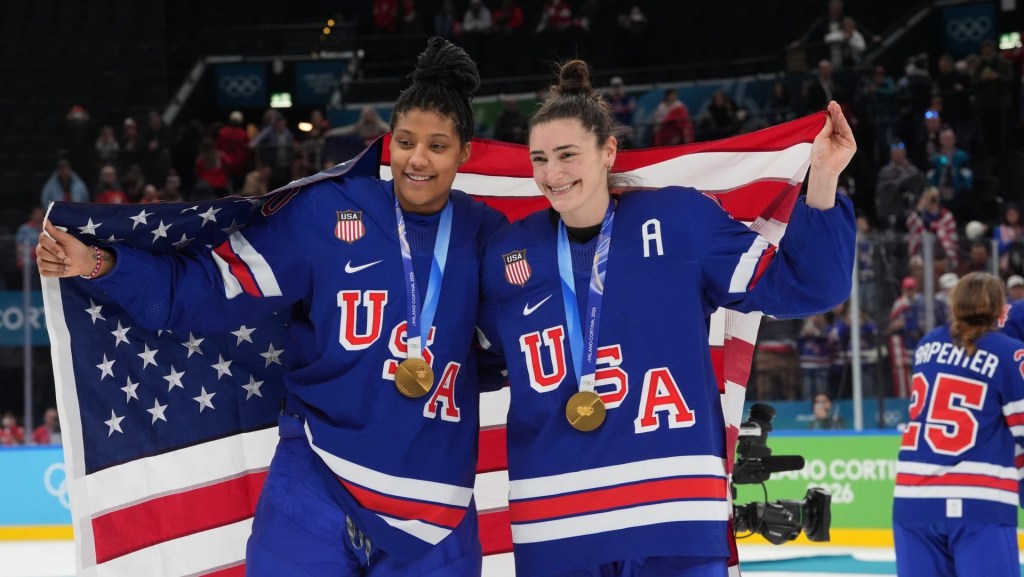



![[Subscription Customers Only] Jul 13, 2025; East Rutherford, New Jersey, USA; Chelsea FC midfielder Cole Palmer (10) celebrates winning the final of the 2025 FIFA Club World Cup at MetLife Stadium](https://frontofficesports.com/wp-content/uploads/2026/02/USATSI_26636703-scaled-e1770932227605.jpg?quality=100&w=1024)




